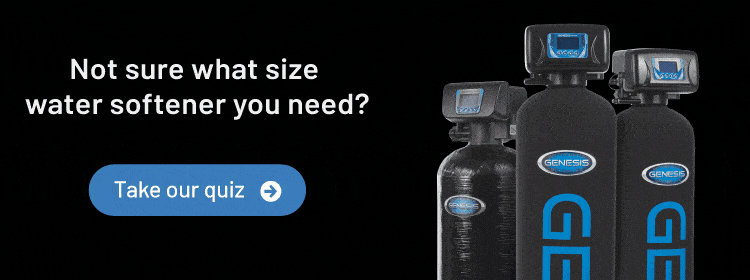Timered vs. On Demand Water Softener Differences
Posted by Discount Water Softeners on Dec 11th 2018

Summer is just around the corner, which means increased sun exposure and quite often, sunburnt skin. Taking pleasure in the sun's warmth requires gentler care to soothe dry, itchy skin. Hard water minerals strip the skin of the moisture it needs to repair sun damage and heal. Softened water naturally helps to keep it hydrated, clean, and healthy, so that families can relax and enjoy a carefree summer.
The negative effects of hard water go well beyond the impact it has on skin. When minerals found in hard water become unmanageable, homeowners should consider investing in a water softener. A softener is a permanent fix and the first step to saving skin and money. Knowing the difference between a timered and an on demand softener can help homeowners make the right choice for their household.
How Timered Water Softeners Work
A Timered Water Softener regenerates at a predetermined schedule regardless of the amount of water used. As it's nearly impossible to use exactly the same quantity of water each day, timered softeners may regenerate too infrequently, leaving homeowners with no choice but to use hard water. Or if water usage is overestimated, these softeners will regenerate unnecessarily, wasting a great deal of water and energy.
A water softener's size is measured in gallons or grain capacity. It's important to determine the right water softener size and capacity for a home before installation. It is even more so with timered systems that are set based on an estimation of the average water usage per person.
Economic operation of a softener depends on a delicate balance between continuous production of softened water and fully utilizing the resin. Only metered systems can provide high efficiency.
Correctly setting a timered water softener can be tricky and often results in more discharge of waste into the environment than necessary. The average American uses 80 gallons of water per day, but a household's water usage varies throughout the year. Additionally, some municipalities vary water hardness levels. Only when water usage and hardness levels are consistent, does a timered softener provide a somewhat effective use of the resin.
Regeneration for most timered systems, including a Fleck 5600 timered water softener, is scheduled in proportion to the hardness of the water, the capacity of the unit, and the number of people in the household. This regeneration is typically carried out in the middle of the night when no water is being used to avoid a lapse in softened water supply.
Benefits of an On Demand Water Softener
An On Demand Water Softener works on an as-needed basis. This newer technology guarantees an uninterrupted flow of soft water. Units like the Fleck 5600 Econominder monitor water usage and will regenerate on its own when the resin is full of hard water minerals. Metered softeners are the most efficient systems for eliminating hard water.
Regardless of how long it takes to consume a pre-set volume of water, metered softeners will only regenerate when that amount has been used. This avoids over or under regeneration of the softener, even if water demand rises or declines. Ideally, a softener will regenerate just before reaching capacity; this is what makes metered softeners the most cost-effective.
Meter settings on a Fleck 5600 Econominder, measures the flow of water to determine the regeneration cycle. It won't regenerate nightly, as the Fleck 5600 timered water softener does, only as water usage dictates. Metered softeners should be set to regenerate at about 75% capacity for top performance.
On demand technology is the most advanced solution for hard water problems. These systems are reliable, easy to install, and offer the best value for the money. On demand softeners are best suited for anyone who wants clean, softened water at any time or in any quantity.
Homeowners don't have to remember to shut off metered softeners if they won't be home for extended periods. On demand softeners does the counting for them. These systems take all guesswork out of soft water supply and demand.
Upflow or Downflow - What's the Difference?
Metered softeners save on salt, water, and money with minimal maintenance. Metered upflow Genesis water softeners, like the Genesis 2 Duo Platinum, are advanced systems with proven reliability and long warranties. With over 1 million of these tanks sold and zero defects, its history of durability speaks for itself. And as a "set and forget" system, homeowners never need to worry about reprogramming or settings adjustments.
Upflow Brining on metered softeners calculates exactly how much salt is needed to regenerate. Thus, providing the softest water, with the least amount of waste. Downflow brining is older technology in which hard water enters from above the resin bed and is required to flow throughout the resin to complete the ion-exchange process in order to soften the water.
Unfortunately, with downflow systems, water will naturally settle above the resin and only penetrate the upper layers. The direction of the flow weakens the effectiveness of the filtration and can trigger more frequent regeneration than needed.
An on-demand system like the Fleck 5600 Timered Water Softener has a big advantage over other ordinary softeners. Whether houseguests cause a spike in water usage or travel causes usage to drop, these units adjust to cover the difference.
Timer-based regeneration is a less efficient method of producing softened water and can be hard on the wallet. No matter how much water a family uses, the softener will regenerate and use several pounds of salt each time. Higher operating costs result in the loss of hundreds of dollars per year for homeowners.
Hard Water Hurts - Save Your Skin & Your Wallet
No matter which type of softener is chosen, the benefits of removing hard water from a home's water supply are countless. Salt-based systems do an excellent job in removing hard water minerals. Cleaner, spotless glassware as well as dishes, soft skin and hair, elimination of soap scum and scale buildup, preserved life of appliances, and money savings on energy costs are all great reasons to invest in a water softening system.
Water softeners are fairly easy to install, but for inexperienced homeowners or those who don't feel like tackling the project, contacting a professional will ensure proper installation for optimum performance and avoid future warranties issues.
For more help in selecting the best softener for a home, contact a trusted local dealer is a safe bet. An expert will come to the home, check water hardness levels, measure, and answer any questions. This makes purchasing the perfect system an easy task. With the installation of a water softening system, homeowners can protect their skin and their wallet. All that's left is to relax and enjoy that summer sun.

